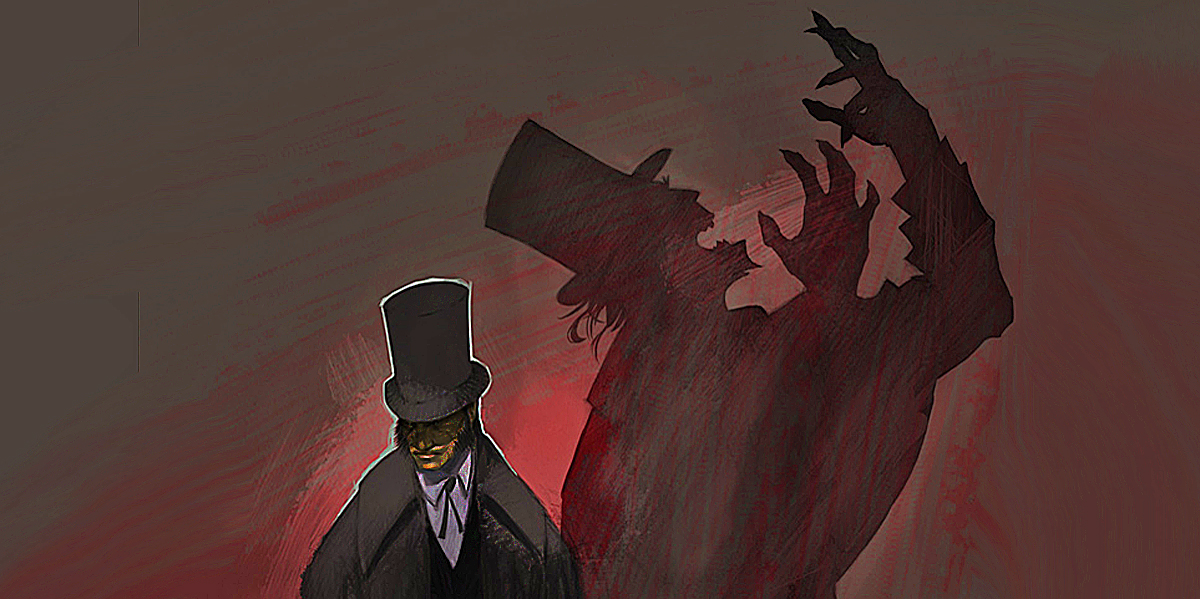
I am of the flesh, sold into slavery under sin. I do not understand my own actions. For I do not do what I want, but I do the very thing I hate. Now if I do what I do not want, I agree that the law is good. But in fact it is no longer I that do it, but sin that dwells within me. (Rom 7:14-17)
In a world obsessed with self-identification (be that through the enneagram or political affiliation) the Apostle Paul seems intent on destroying any assumption that we can actually pin ourselves at all. According to Paul, our divided selves experience a disconnect between the good we want to do and the sin we actually do. Romans 7 makes the case against an individual agent capable of following God’s law of their own power. Instead, we are subject to sin dwelling within us. The environment we are in and the power of sin in that environment permeates the assumed barriers between the individual self and the world outside of oneself, destroying the idea of the individual self at all. Sin is not just something around us, but it is also within us, and we are slaves to it.
This brings into question the self-identification we hold onto so dear. How can I define myself, and how can I determine my future, if I am not the master of my actions? This inner conflict can be understood as an identity crisis — if I desire one thing but do another, am I good or am I evil? (Not to mention, which enneagram type am I really?) There is restlessness in this question and restlessness in the heart of each divided self.
In his work “On Paul’s Anthropology,” Ernst Käsemann writes that this divided self of Romans 7 “remains in conflict with himself and, because he is self-ensnared, subject to the forces of this world.” Because of this struggle, Käsemann concludes “it is not permissible to interpret man as an individual, resting within himself and fundamentally separable from the rest of the world.” Subject to the forces of this world, there is sin dwelling within each of us. The heart of the divided person experiences self-destruction in its restlessness.

Thankfully, Paul does not end with the destruction of the self under the power of sin.
…my friends, you have died to the law through the body of Christ, so that you may belong to another, to him who has been raised from the dead in order that we may bear fruit for God. While we were living in the flesh, our sinful passions, aroused by the law, were at work in our members to bear fruit for death. But now we are discharged from the law, dead to that which held us captive, so that we are slaves not under the old written code but in the new life of the Spirit. (Rom 7:4-6)
Under the law we live captive to sin, willing one thing yet doing another. This raises the question: “Wretched man that I am! Who will rescue me from this body of death?” (Rom 7:24) It is not works of self-betterment that save us from sin, or a process of continuous growth and learning, mastering temptation until we no longer experience it. We who are slaves to sin cannot also be masters of it.
It is instead a death and resurrection that we hold to in hope. “Thanks be to God through Jesus Christ our Lord!” In Christ’s death, “we have died to the law … dead to that which held us captive, so that we are slaves not under the old written code but in the new spirit.” (Rom 7:4-6) Käsemann writes, “For even the believer has neither being, existence nor power in himself. His continuity and identity also rest outside himself, in his participation in the heavenly world and in his communication with the Word of his creator…” It is in Christ’s death and resurrection that our identities take shape. Our very personhood does not lie in our own hands, but solidly in the hands of God by the mercy of Jesus Christ.
Attempts at self-understanding will not lead us to self-mastery, nor will they lead us to peace. That is not to say personality tests are uninteresting or unhelpful, but that they are not saving grace. The divided self of Romans 7 is a mystery, even to itself. Not even our political affiliations define our identities — no matter what the world would have us believe. Per Käsemann: “We ourselves do not determine who we are … [the individual] is not under his own control. His salvation and ruin depend on the Lord whom he serves.”
As much as we would like to define ourselves, to tell the world who we are as individuals, to stake our claim of self-identification, we do not determine who we are. The restless (and often painful) need to decide who we really are in the world dies with Christ. Raised to new life, our identities are bestowed by the grace of God so that we might be our God-given selves at last.

COMMENTS
Leave a Reply












